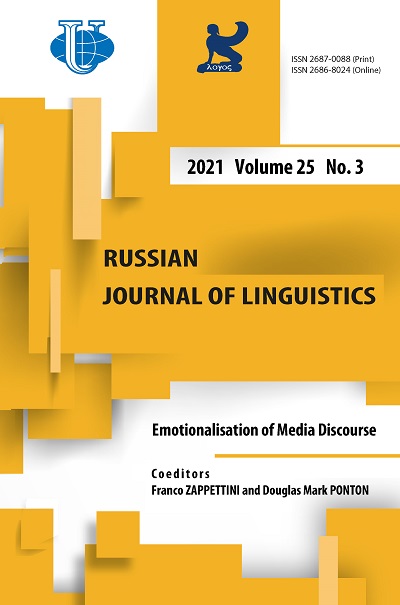
Photo from archive.org
Intercultural misunderstandings involve a number of complex causes which can easily escalate into conflicts. Since conflicts are also complex, it is not easy to find solutions because there is no… Click to show full abstract
Intercultural misunderstandings involve a number of complex causes which can easily escalate into conflicts. Since conflicts are also complex, it is not easy to find solutions because there is no one solution for all problems. Systems Theory, transdisciplinarity, and the social ecological model take a holistic approach in investigating complex phenomena. They permit the creation of a theoretical framework based on previous empirical research and theories across scientific disciplines to identify the relevant elements of complex phenomena and to understand the interrelationship of these elements. Intercultural misunderstandings and conflicts are very complex phenomena because they include culture, perception, identity, ethnocentrism, relationships, trust building and conflict management as well as intercultural commu-nication competence which entails cognition, metacognition, and social metacognition. Since most em-pirical studies focus on isolated, individual elements in specific contexts, this article describes the theoretical framework of how the various findings and theories developed in different scientific disciplines can be used to form a cohesive framework to help circumvent intercultural misunderstandings and conflicts. In so doing, it follows the general principles of Systems Theory, transdisciplinarity, and the social ecological model.
Journal Title: Russian Journal of Linguistics
Year Published: 2017
Link to full text (if available)
Share on Social Media: Sign Up to like & get
recommendations!